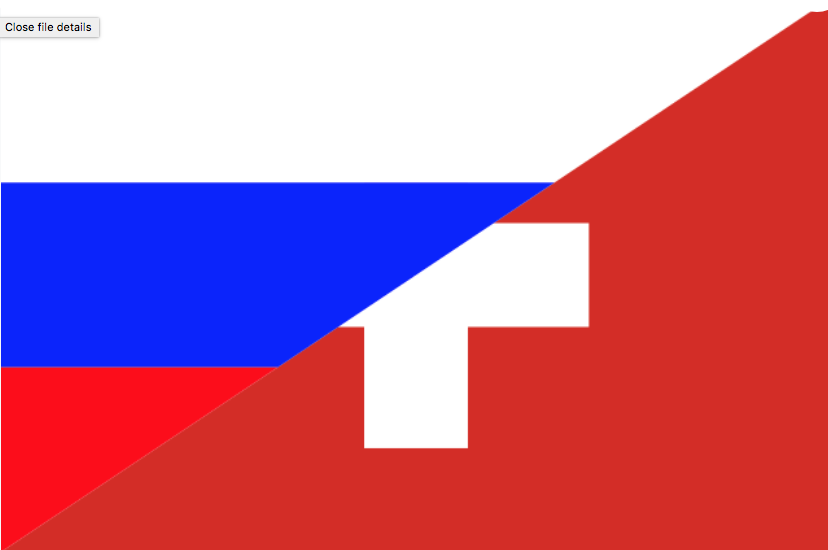
The Financial Times has an excellent interview with the writer Giuliano da Empoli, who discusses the use and abuse of political power. Here he evaluates Vladimir Putin:
“I think he knows he’s made a strategic mistake [the invasion]. But one rule of that kind of power is to never go back, never show any crease in the absolute will and certainty. He wasn’t strong enough to impose his order on Ukraine. But he might be strong enough to impose chaos on Ukraine. And he did take the opportunity to consolidate his order internally, and to make it much more ruthless. This is working, for now.” Putin’s “mistake” might be “playing out not so bad”, he concludes.
This is one reason why I favor market-based rules over discretion in monetary policy. Markets are willing to admit mistakes and reverse course, while individual policymakers stubbornly stick to failed policies.
Like me, da Empoli has become very pessimistic about current trends:
I’m part of this, so I also suffer in Italy. I can’t stand the quality of public debate, I can’t turn on TV, I can barely open a newspaper. The media ecosystem that shapes public discourse is so degraded — conspiracy theories, all sorts of weirdness. It’s going in the wrong direction, the whole thing.
I guess the US is not the only country suffering from this virus. This makes him more content with flawed systems that at least preserve some form of civilization:
Da Empoli has peered deep into power. Does he still have political ideals? “If you’d asked me in the past, I would have given you lots of convictions. But what’s left now, to me, is this idea that we try not to kill each other. We’ve been successful in the European Union in not doing so for an extraordinary lapse of time. It looked dull, but I think it’s not dull any more, and not obvious any more. So this European thing is the only strong ideal I have.”
In my previous post, I said the most successful monetary regimes were boring. The same is true of politics. Can you name the President of Switzerland? I cannot. Can you names the leaders of Venezuela and North Korea? I can. And yet Switzerland is in many ways a far more important country, playing a significant role in the global economy. Why don’t we care who leads it? Perhaps because it doesn’t matter.
Surveying the diners in Jack’s, he remarks: “In Russia, power is a big beast. In Switzerland power is a kitten, and it’s been domesticated. Through history, it’s been diluted, distributed, at local level and through referendums. Swiss politicians are boring. That’s quite a good thing. The more spectacular a political system, the worse it is, in many ways.”
Read the whole thing.

READER COMMENTS
zshu223
Jan 5 2024 at 5:03pm
The Swiss system is interesting:
https://www.admin.ch/gov/en/start/federal-council.html
steve
Jan 5 2024 at 5:40pm
The EU has lots of issues but I Europe has now managed to not have two members at war for a longer time than I think Europe has seen before. That has some value. I dont know if that could have been achieved absent its presence, but maybe Russia attacking Ukraine helps answer that.
Steve
BS
Jan 5 2024 at 6:28pm
“I dont know if that could have been achieved absent its presence”
Possibly, NATO?
Junio
Jan 5 2024 at 6:27pm
In the case of Putin, applying rational irrationality might be a good way to view his actions.
Jose Pablo
Jan 5 2024 at 6:48pm
Europe does not seem to be going in the right direction:
https://www.theguardian.com/commentisfree/2023/nov/30/europe-britain-brexit
The “un-taming” of power is always and everywhere just a matter of time and luck (like tomorrow anniversary shows)
We should, once and for all, take a step forward an abolish every single form of political power, no matter how (apparently) “tamed”.
Jim Glass
Jan 5 2024 at 8:19pm
It would take some people exerting a whole awful lot of power to do that.
Jose Pablo
Jan 5 2024 at 10:01pm
Or not … it would be enough with everybody refusing to comply with any rule they have not voluntarily and explicitly agreed to.
Or maybe yes, the same way that it took an “awful lot of power” to abolish the rule of a king and to stablish a, more or less, tamed political power in the American colonies. And this was good. Not even close to enough, but good, nonetheless.
Comments are closed.